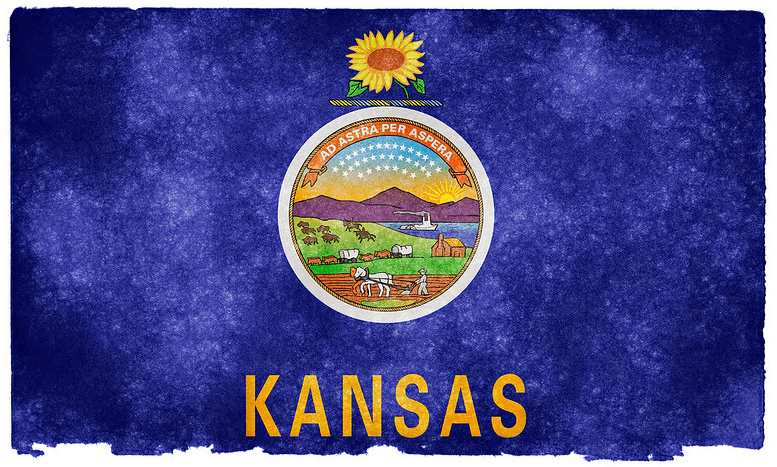Recent changes have put the Kansas hemp program under authority of the state fire marshal’s office, which officials have said is well equipped to handle law enforcement aspects of the industry.
The fire marshal and the Kansas Department of Agriculture (KDA) are to “coordinate with one another, including providing any requested information from the other, regarding industrial hemp licensees, hemp processors and hemp processor applicants necessary for the enforcement of any laws or rules and regulations relating to industrial hemp,” according to a bill signed into law by Gov. Laura Kelly.
State’s justification
State officials said they decided to move regulatory authority to the fire marshal because that office is experienced in regulating equipment used by the industry, and the marshal’s agents are law enforcement officers Law agencies have said the KDA does not have the resources or experience needed to enforce hemp processing laws.
According to the bill, “the state fire marshal may issue a stop sale, use or removal order whenever the state fire marshal reasonably believes that hemp products are being produced, sold or distributed in violation of the commercial industrial hemp act or any rules and regulations promulgated thereunder.”
KDA officials justified the assignment of the hemp program to the fire marshal on concerns about THC, and processing systems that can be explosive, thereby creating health risks. The agriculture department said law enforcement groups pushed for the change and for strict regulation of hemp processors.
Other changes
In another key rule change, one amendment allows full-spectrum products such as CBD to enter the market if they are derived from hemp plants that express less than 0.3% THC. Previously, such products could not contain any THC.
Another amendment provides options for disposal of hemp plants that test above the 0.3% federal THC limit to align with the U.S. Department of Agriculture’s final rule on hemp, which allows for crop remediation. The new law also raised annual processing registration fees from $200 to $1,000.
KDA said other parts of the state’s hemp program still need to be updated to align with the USDA final rule.
$4.5 million in 2019
KDA reported that the state hemp market was worth $4.5 million in 2019 as growers harvested 832,950 pounds of hemp from nearly 1,800 acres. State officials have projected a significant increase in value for the state’s hemp crops, with annual value potentially rising to $22 million and hemp surpassing soybeans and corn, common Kansas crops, in income on a per-acre basis.
Kansas first developed a hemp plan in April 2020 after the 2018 Farm Bill made hemp federally legal.
READ: Evaluating the Economic Impact of Hemp Production in Kansas (KDA, 2020)

